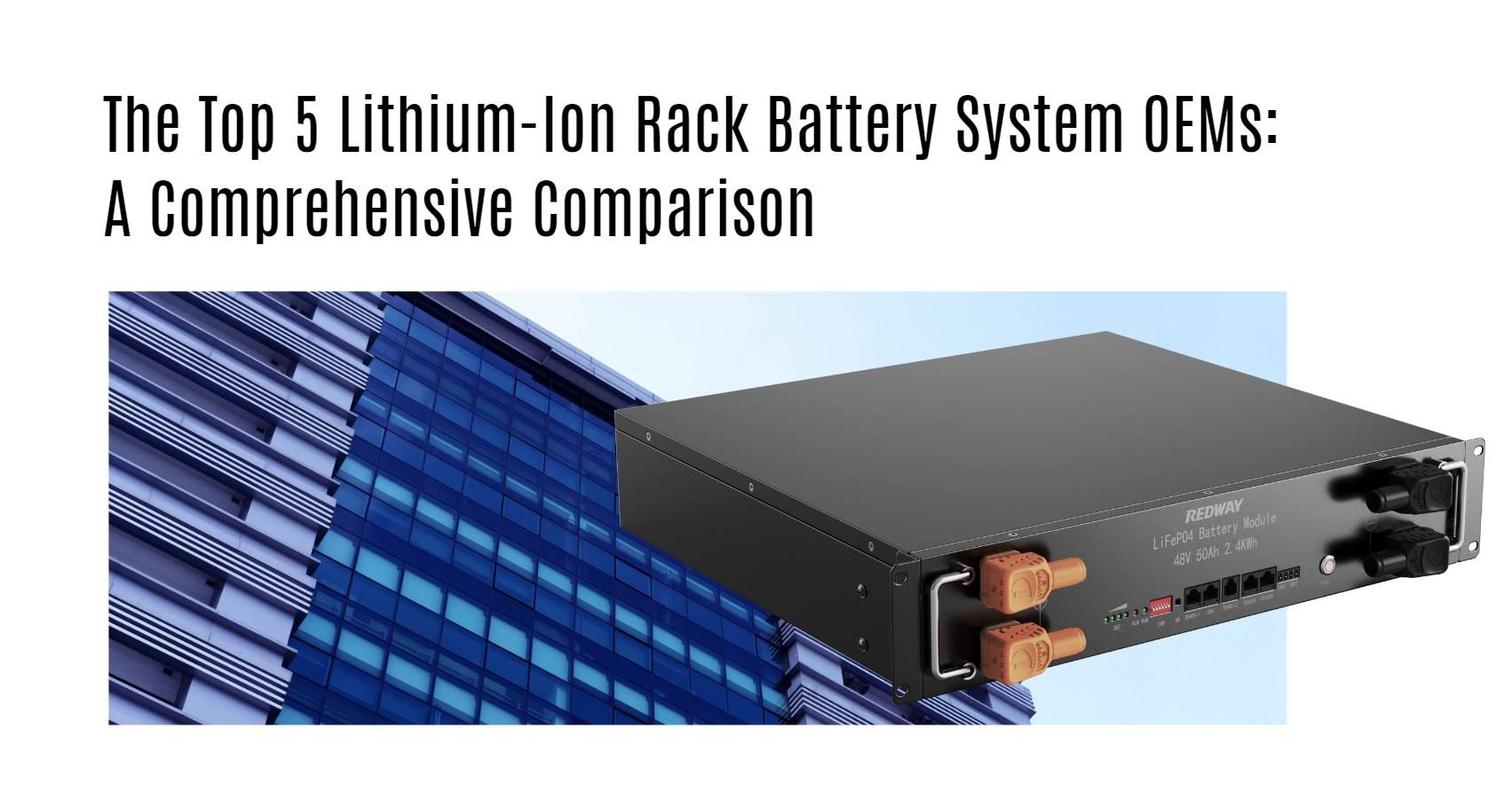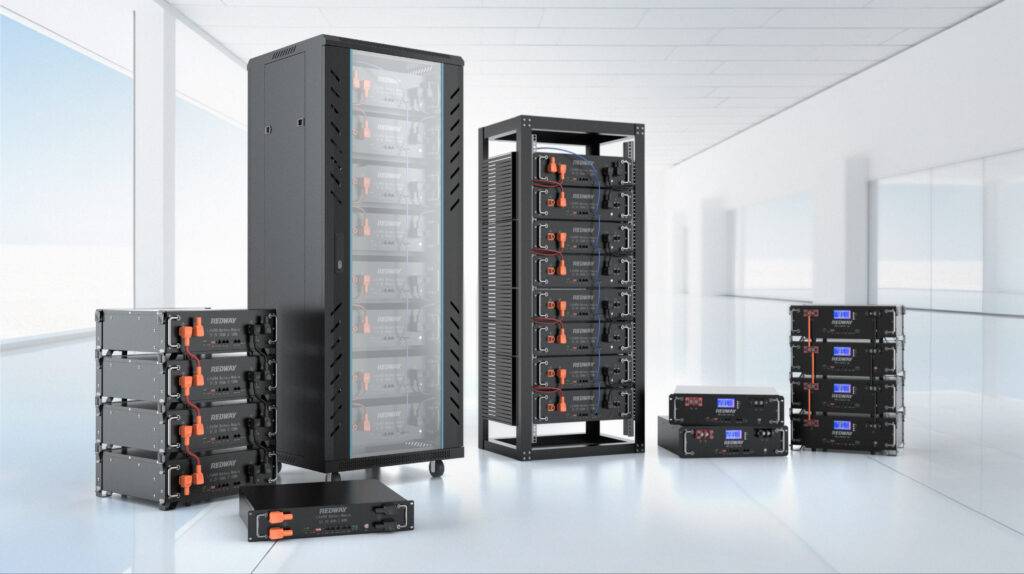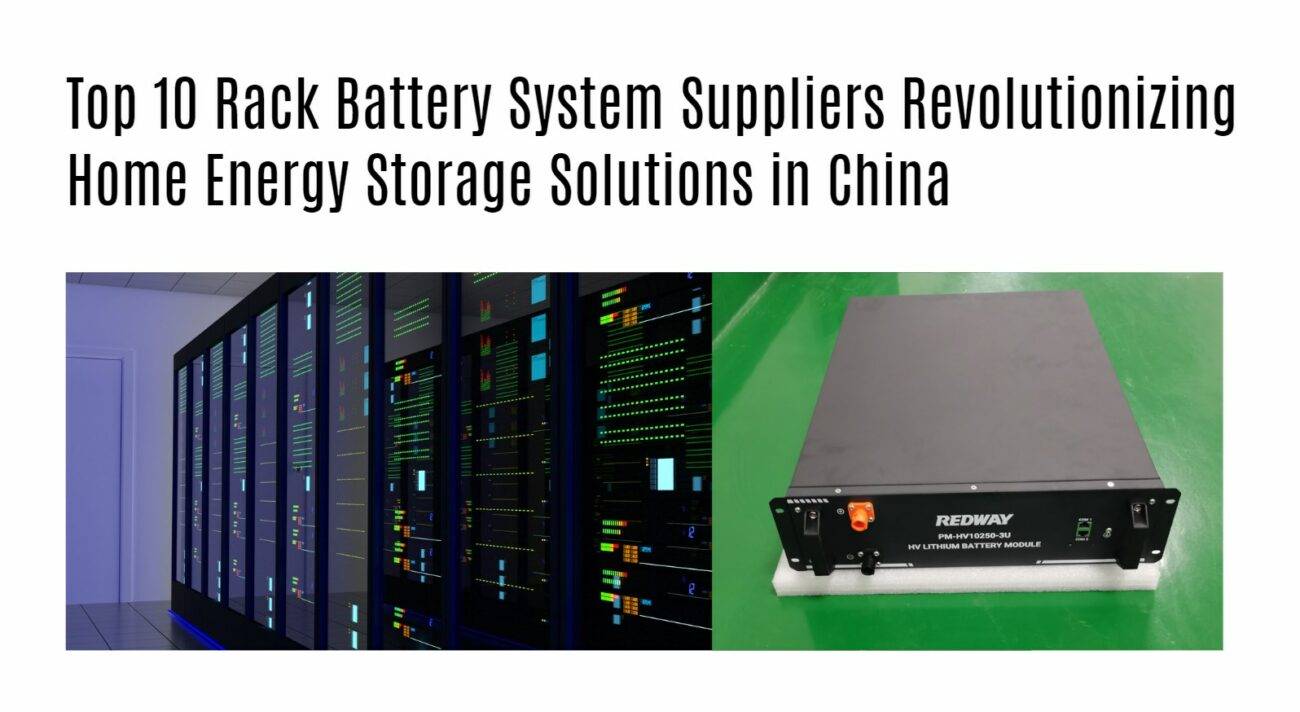In today’s rapidly evolving energy landscape, lithium-ion rack battery systems stand at the forefront of energy storage technology. These systems are crucial for optimizing power management across various applications, from data centers and telecommunications to renewable energy integration and industrial operations. For businesses and institutions seeking reliable and efficient energy solutions, understanding the leading OEMs (Original Equipment Manufacturers) in this sector is essential. This comprehensive comparison delves into the top five lithium-ion rack battery system OEMs, evaluating their offerings based on performance, innovation, and market presence.
1. Tesla Energy
Tesla Energy, a division of the renowned electric vehicle manufacturer Tesla, Inc., is a leader in the lithium-ion battery market. Their Powerpack and Powerwall systems have set new standards for energy storage with cutting-edge technology and robust performance. The Powerpack is particularly suited for commercial and industrial applications, while the Powerwall caters to residential needs.
Key Features:
- Scalability: Tesla’s systems are known for their modular design, allowing users to scale capacity as needed.
- Efficiency: With high round-trip efficiency, Tesla’s batteries minimize energy loss during storage and retrieval.
- Integration: Tesla’s solutions seamlessly integrate with their solar products and the broader energy ecosystem.
2. LG Energy Solution
LG Energy Solution is a global powerhouse in battery technology, offering an extensive portfolio of lithium-ion rack battery systems. Their RESU (Residential Energy Storage Unit) and Energy Storage Systems (ESS) are highly regarded for their performance and reliability.
Key Features:
- High Energy Density: LG’s batteries boast high energy density, enabling more compact and efficient storage solutions.
- Durability: LG Energy Solution products are built to last, with long cycle life and minimal degradation over time.
- Advanced Management: Integrated battery management systems ensure optimal performance and safety.
3. BYD
BYD, a Chinese multinational, has established itself as a major player in the lithium-ion battery market with its Energy Storage System (ESS) and B-Box series. BYD’s offerings are tailored to meet diverse energy storage needs, from residential to large-scale commercial applications.
Key Features:
- Cost-Effectiveness: BYD provides competitive pricing without compromising on quality, making it an attractive option for budget-conscious buyers.
- Modularity: The B-Box series features modularity, allowing for flexible scaling of energy storage capacity.
- Global Reach: With a strong presence in numerous international markets, BYD’s solutions are well-supported globally.
4. Schneider Electric
Schneider Electric, a global specialist in energy management and automation, offers innovative lithium-ion rack battery systems through their Conext XW+ series and APC Smart-UPS. Schneider Electric focuses on delivering reliable and efficient energy storage solutions across various sectors.
Key Features:
- Comprehensive Solutions: Schneider Electric provides a range of products suitable for residential, commercial, and industrial applications.
- Energy Efficiency: Their systems are designed to optimize energy use and reduce operational costs.
- Advanced Technology: Schneider Electric integrates advanced technologies, including real-time monitoring and smart grid compatibility.
5. Eaton
Eaton is a prominent player in the energy storage market, offering a range of lithium-ion rack battery systems through their Power Xpert and EnergyAware series. Eaton’s solutions are known for their high performance and reliability in demanding environments.
Key Features:
- Robust Performance: Eaton’s batteries are engineered for high performance, even under heavy loads and challenging conditions.
- Flexibility: Eaton’s systems are highly flexible, supporting various configurations and applications.
- Sustainability: Eaton emphasizes sustainable practices, including the use of eco-friendly materials and energy-efficient designs.
Comparative Analysis
Performance and Efficiency When evaluating performance and efficiency, Tesla Energy and LG Energy Solution emerge as top contenders. Tesla’s high round-trip efficiency and LG’s advanced battery management systems contribute to superior energy storage performance.
Cost and Value BYD offers significant cost advantages, making their solutions particularly appealing for cost-sensitive applications. However, Tesla and LG provide added value through advanced features and integration capabilities.
Durability and Reliability In terms of durability, LG Energy Solution and Eaton stand out. LG’s long cycle life and Eaton’s robust performance in demanding conditions underscore their reliability.
Innovation and Technology Tesla Energy and Schneider Electric lead in innovation, with Tesla’s modular design and Schneider’s advanced energy management technologies. Both OEMs push the envelope in integrating cutting-edge features into their battery systems.
Global Presence and Support With a global footprint, BYD and Schneider Electric offer extensive support and market reach. Their ability to provide localized support and services is a critical factor for international customers.
Conclusion
Selecting the right lithium-ion rack battery system OEM requires a thorough assessment of performance, cost, durability, innovation, and global support. Tesla Energy, LG Energy Solution, BYD, Schneider Electric, and Eaton each offer unique strengths, catering to different needs and preferences in the energy storage market. By understanding the specific features and benefits of each OEM, businesses and institutions can make informed decisions to optimize their energy storage solutions.







